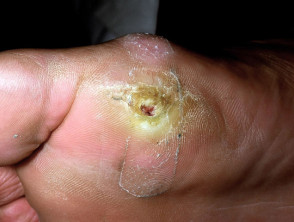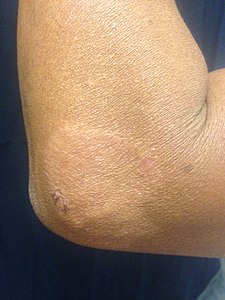What Does Leprosy Do
Leprosy is a chronic progressive bacterial infection caused by the bacterium mycobacterium leprae.

What does leprosy do. Leprosy is an infectious disease caused by mycobacterium leprae an acid fast rod shaped bacillus. Humans have to take antibiotics for months to treat leprosy. Lepromatosis bacteria causes leprosy.
Early symptoms begin in cooler areas of the body and include loss of sensation. Leprosy has been around since ancient times. Brief history of the disease and treatment.
Leprosy is an infectious disease that causes severe disfiguring skin sores and nerve damage in the arms legs and skin areas around your body. The disease mainly affects the skin the peripheral nerves mucosa of the upper respiratory tract and the eyes. An infection with mycobacterium leprae or m.
It primarily affects the nerves of the extremities the skin the lining of the nose and the. Leprosy is curable and treatment in the early stages can prevent disability. Infection can lead to damage of the nerves respiratory tract skin and eyes.
This nerve damage may result in a lack of ability to feel pain which can lead to the loss of parts of a persons extremities from repeated injuries or infection due to unnoticed wounds.



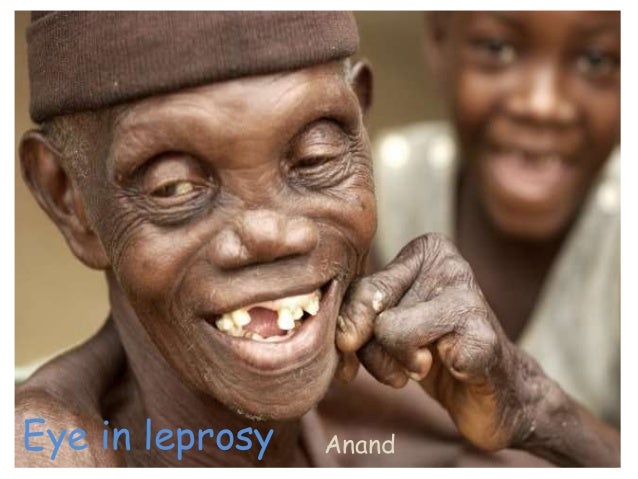




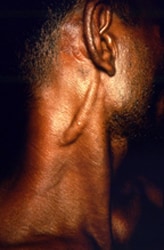

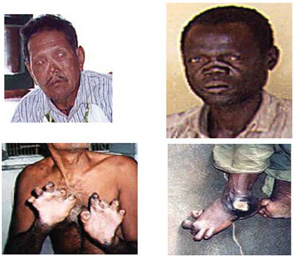






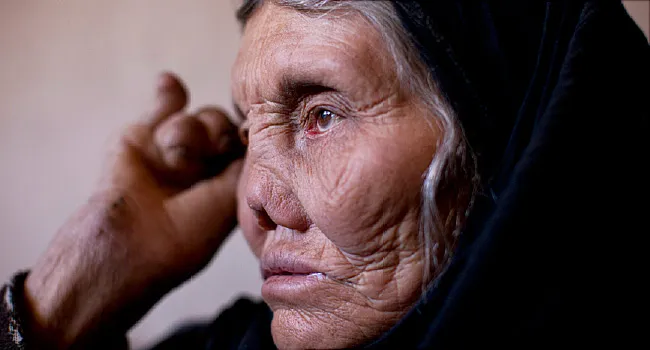



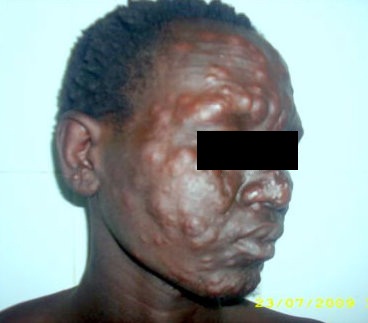


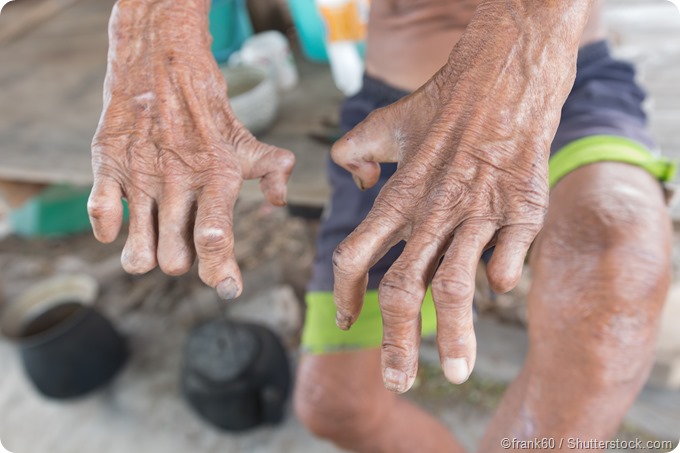

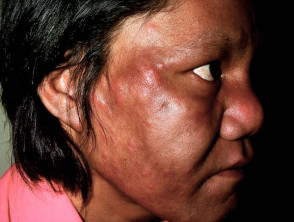
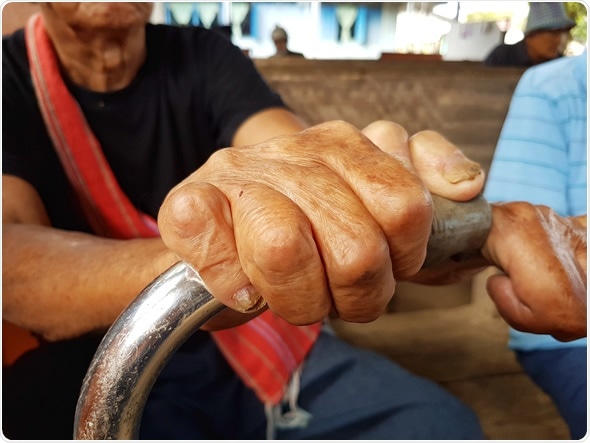




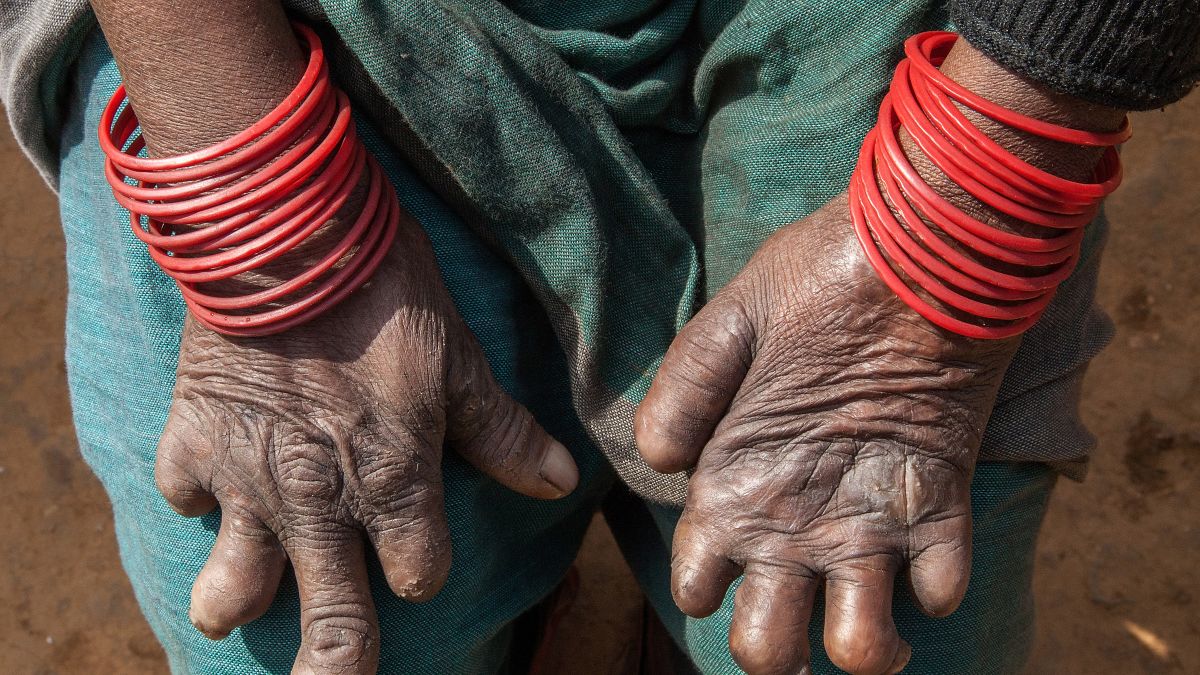
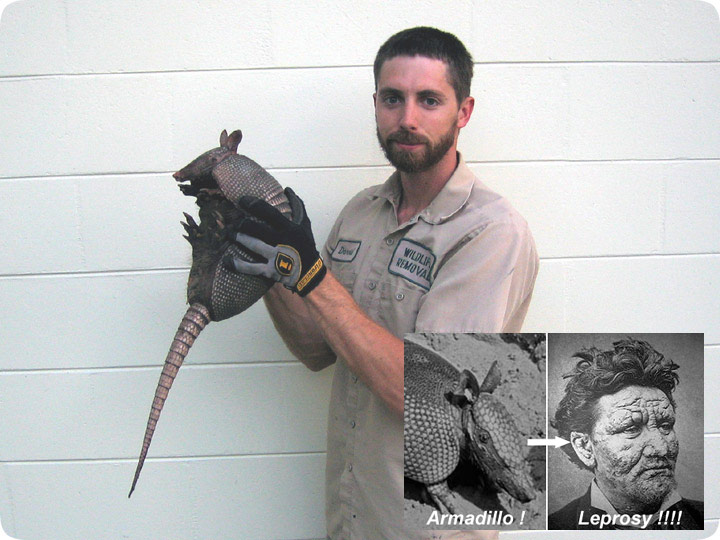












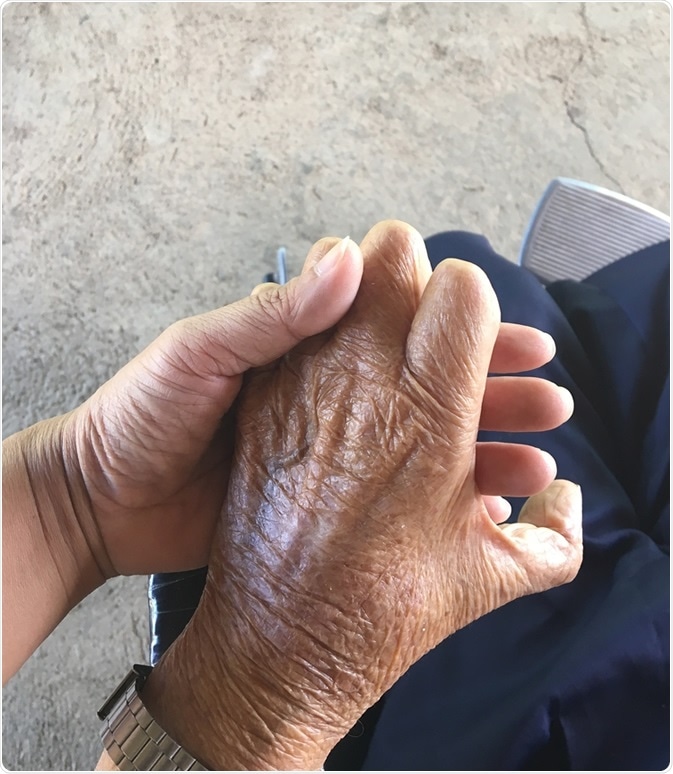






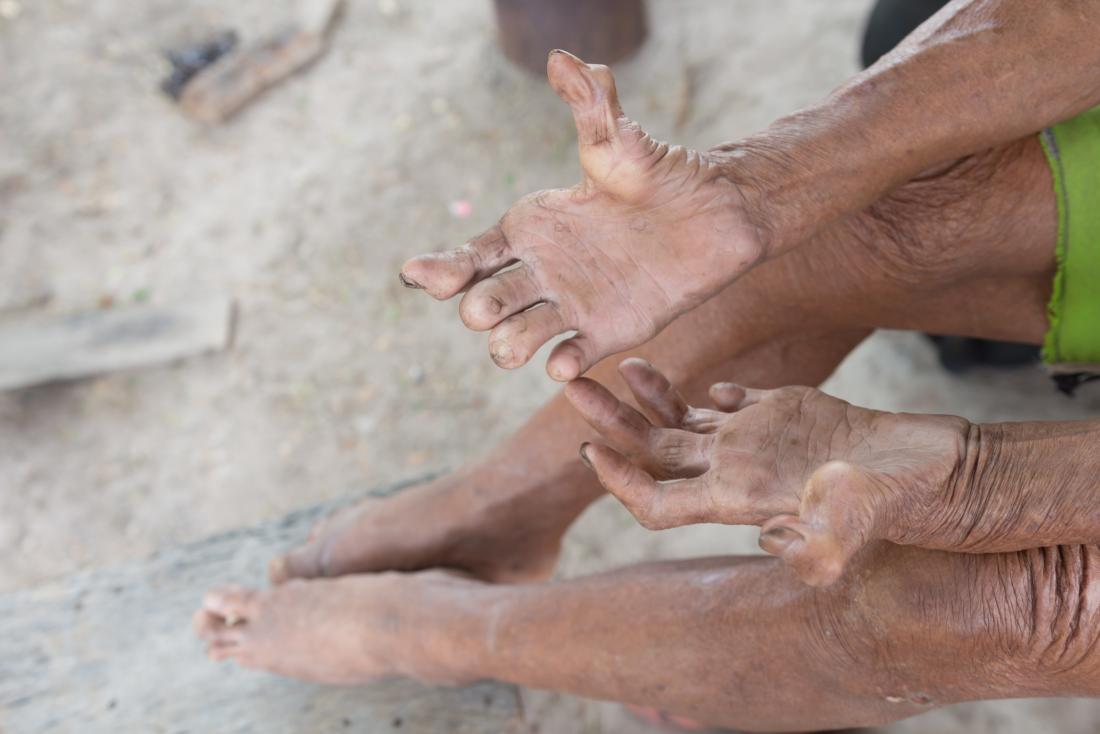













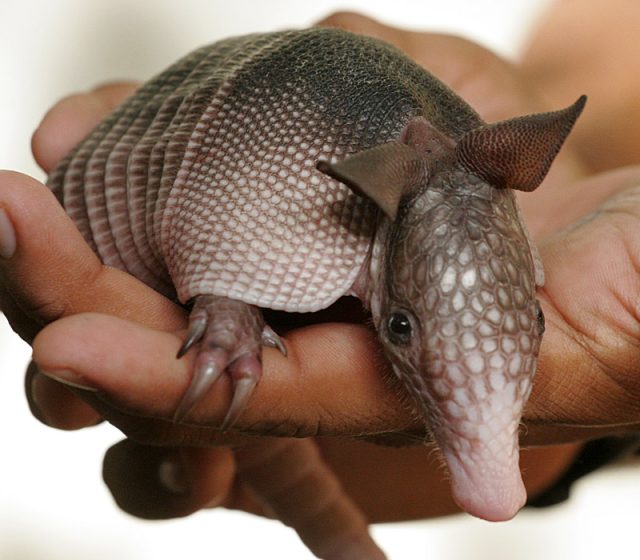


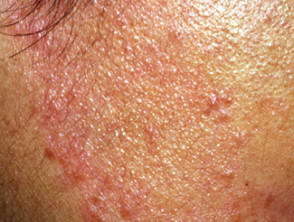




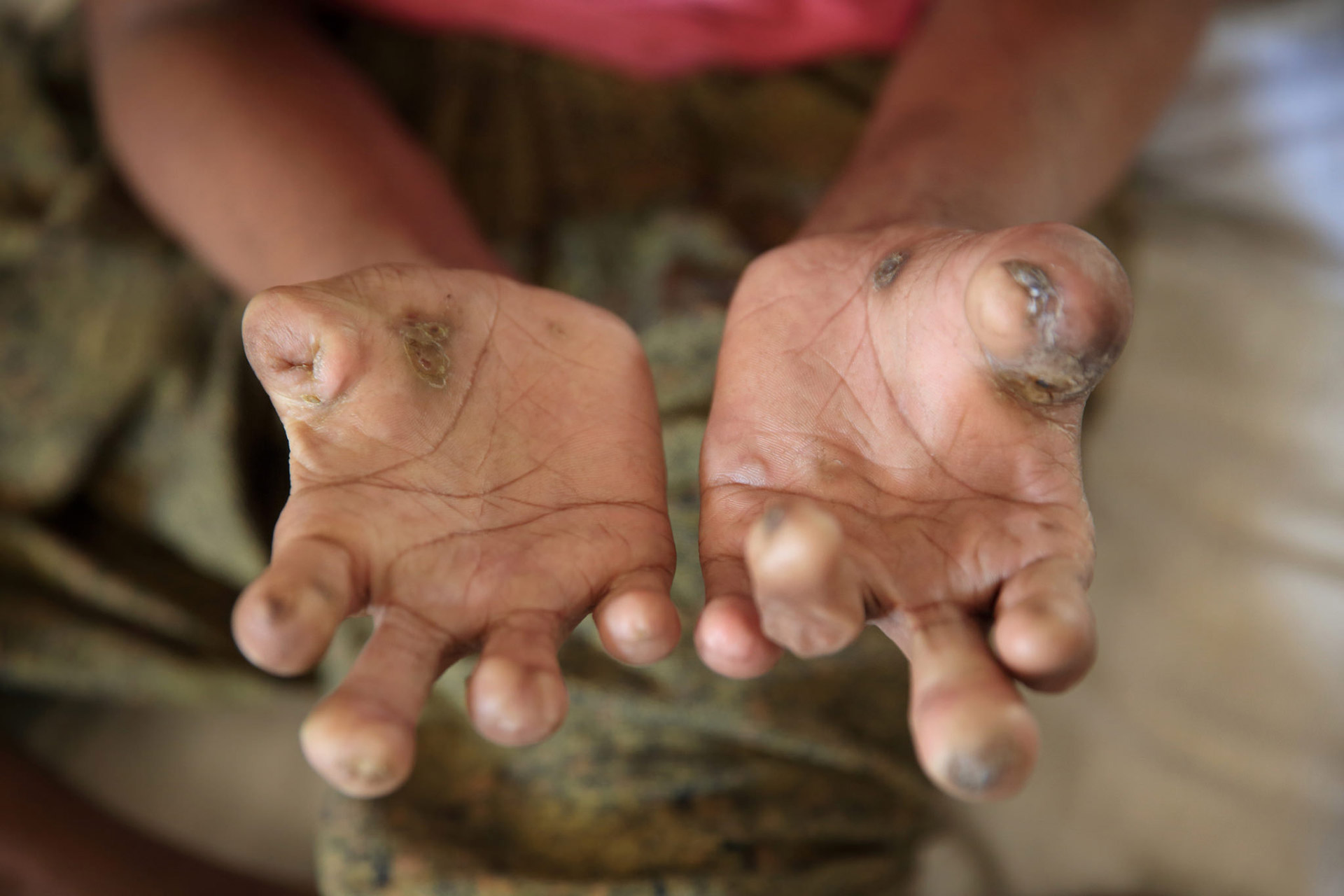
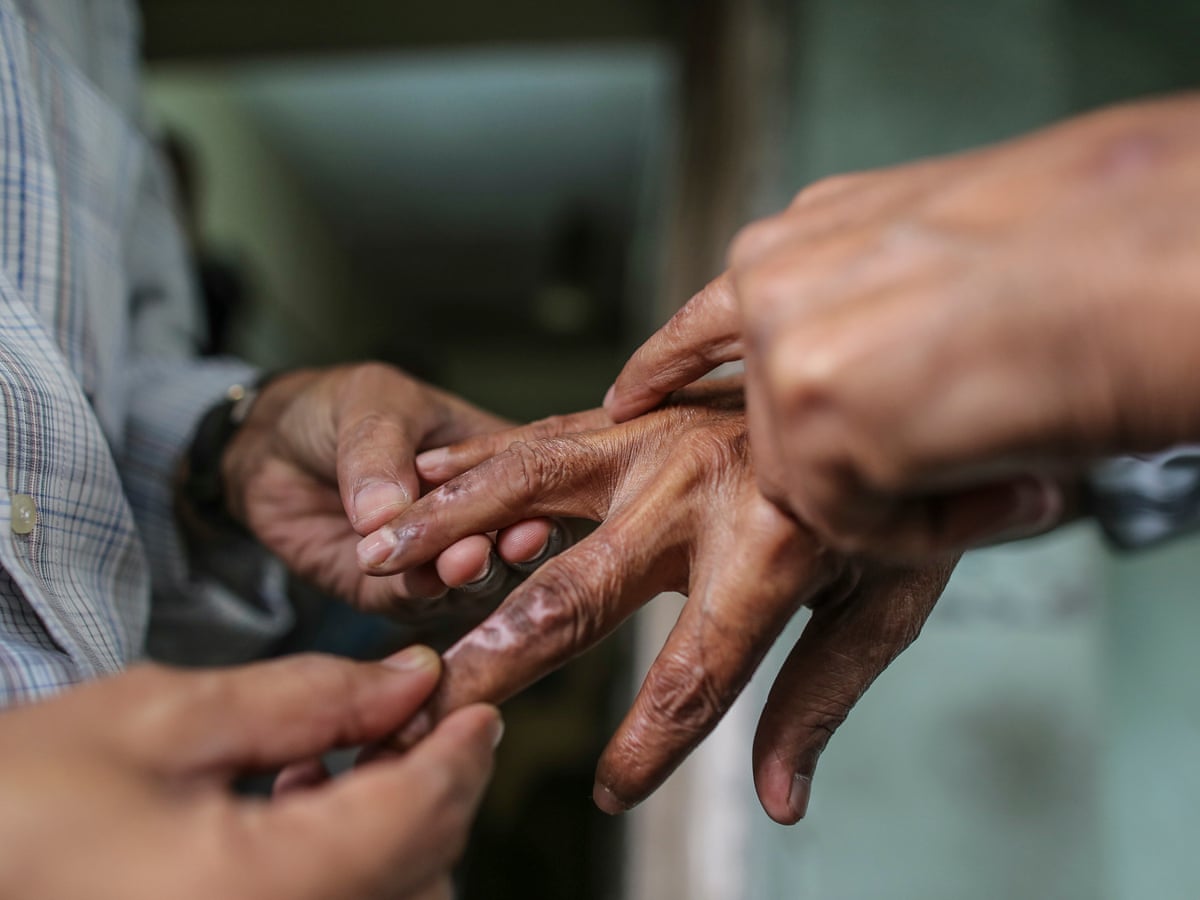



aec34a88-1a96-4ae1-9a2a-fca6484087dc.tmb-medium.jpg?sfvrsn=c63b418d_1)





/https://public-media.si-cdn.com/filer/69/6a/696a1a84-1171-484a-b71a-0662f68c1d9d/screen_shot_2018-05-11_at_45220_pm.png)
